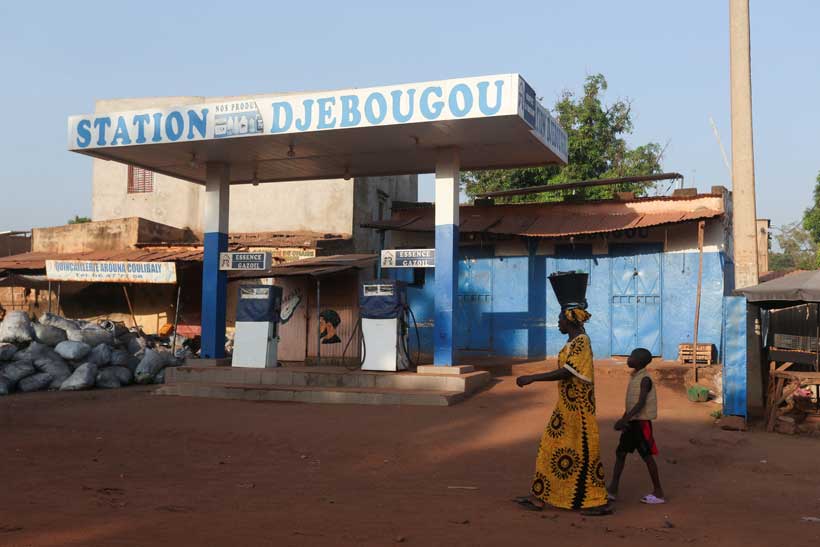A fuel blockade by al Qaeda-linked militants has severely impacted the capital of Mali, raising concerns that the jihadist group, Jama’at Nusrat al-Islam wal-Muslimin (JNIM), might attempt to impose its rule in the country. While analysts believe that JNIM currently lacks the resources to seize control of Bamako, they view the blockade as a strategy to weaken the government by cutting off fuel supplies, which has led to school closures and affected local businesses.
The blockade aims to pressure the military government, which took power in 2021 after promising to combat the Islamist threat. Analysts speculate that JNIM seeks to provoke another coup in Mali, potentially the third since 2020, which could destabilize the nation further and provide JNIM with more opportunities to gain power and resources. A recent report warned that the government’s stability is at high risk in the coming weeks due to the increasing pressure from JNIM.
JNIM announced the blockade was aimed at the ruling authorities, accusing them of oppressing citizens, particularly outside the capital. The group has been advancing from northern Mali into central areas and neighboring countries, increasing its attacks on military posts and acquiring more weapons. Recently, JNIM reportedly received a large ransom for hosting Emirati hostages and has begun extending its operations in southern Mali, intensifying its focus on Bamako.
The blockade is viewed as both an economic tactic and a means of instilling fear among Bamako’s leadership and its residents. Although there haven’t been significant protests despite the fuel crisis, tensions among military leaders and the arrest of several generals could threaten the current regime’s stability. Observers caution that the potential collapse of Mali’s government could have a domino effect on neighboring Burkina Faso and Niger, where military-led governments are in place, thus destabilizing the Sahel region.
Malians have remained relatively quiet about the fuel shortage due to fear of government reprisals. One resident explained the struggles of finding fuel, while the military continues to deal with internal challenges. Analysts believe that the situation may make the current military leaders vulnerable to being ousted, given the growing pressures from both political factions and armed groups.
If JNIM were to gain control of Bamako, it could lead to significant restrictions on daily life, as seen in areas previously occupied by the group. Recent warnings from foreign embassies have urged citizens to leave Mali, yet there hasn’t been a significant exodus or an increase in flight bookings at this time. The future remains uncertain, with risks of JNIM attempting to advance into the city still possible, according to diplomats.
With information from Reuters
